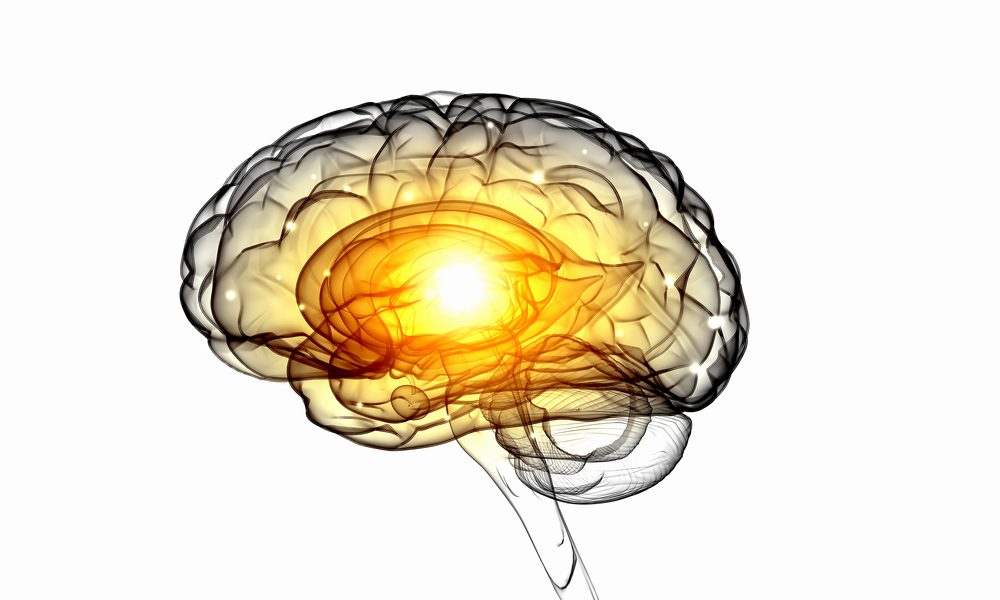#AANAM – Memantine as Add-on Therapy Seen to Ease Psychosis, Other Advanced Alzheimer’s Symptoms
Written by |

Adding memantine to a cholinesterase inhibitor can significantly ease certain neuropsychiatric symptoms, including psychosis and troubling motor or nighttime behavior, in people with moderate-to-severe Alzheimer’s disease, according to pooled data from three Phase 3 clinical trials.
But it was not seen to be of any benefit in addressing problems of mood, like anxiety or depression, or frontal issues like disinhibition in this patient groups, researchers reported.
This analysis was detailed at the American Academy of Neurology (AAN) 71st Annual Meeting, taking place through May 10 in Philadelphia, in the oral presentation, “The Effects of Memantine Added to Cholinesterase Inhibitors on NPI Behavioral Domains: Pooled Post Hoc Analysis of 3 Randomized Controlled Trials in Patients With Moderate to Severe AD.”
Symptoms related to neuropsychiatric problems impact daily activities of people with advancing Alzheimer’s, contributing to a poorer quality of life. These symptoms, which also include agitation or aggression, hallucinations, delusions, and irritability, can also be a considerable burden for patients and caregivers.
Memantine, marketed in the U.S. as Namenda by Allergen, is an approved treatment for moderate-to-severe Alzheimer’s disease. It works by blocking the ability of a brain signaling molecule called glutamate, produced in excess in Alzheimer’s, from accessing and binding to NMDA receptors in nerve cells, that further damage these neurons.
Patients given memantine, either alone or in combination with cholinesterase inhibitors (ChEIs) like Aricept (donepezil; by Eisai in collaboration with Pfizer), in these studies showed better global and cognitive functions compared to those given placebo plus an inhibitor.
Researchers in this analysis evaluated whether adding memantine to ChEI therapy worked to ease specific dementia-related behavioral symptoms, measured using four areas on the Neuropsychiatric Inventory (NPI) questionnaire. These four are defined as psychosis (agitation/aggression, hallucinations, delusions, irritability/lability), neurovegetative (aberrant motor behavior, nighttime behavior, appetite/eating change), frontal (disinhibition, euphoria/elation), and mood (anxiety, depression/dysphoria, apathy).
Pooled data was collected 1,262 moderate-to-severe Alzheimer’s patients (mean age 75.7) who participated in three Phase 3 clinical trials (MEM-MD-02, MEM-MD-12, and NCT00322153). The patients were randomized to either memantine or a placebo plus ChEI for 24 weeks.
These people had a mean score in the Mini-Mental State Exam (MMSE) of 11.5 (a score below 12 indicates severe dementia) at the start of the trials. Of these people, 637 were given the combo therapy, and 625 others received ChEI plus a placebo.
Results showed that adding memantine to ChEI significantly reduced psychosis symptoms at 12 and 24 weeks, compared to patients using ChEI alone. Memantine as an add-on treatment also led to significant improvements in neurovegetative scores of aberrant motor and nighttime behavior or eating changes during those weeks.
However, the combo therapy did not show any benefits in the frontal and mood manifestations associated with Alzheimer’s disease.
Overall, “treatment with the combination of memantine and a ChEI was associated with significant benefit for psychosis and neurovegetative behavioral syndromes compared with ChEI alone” in patients with moderate to severe Alzheimer’s disease, researchers concluded.





